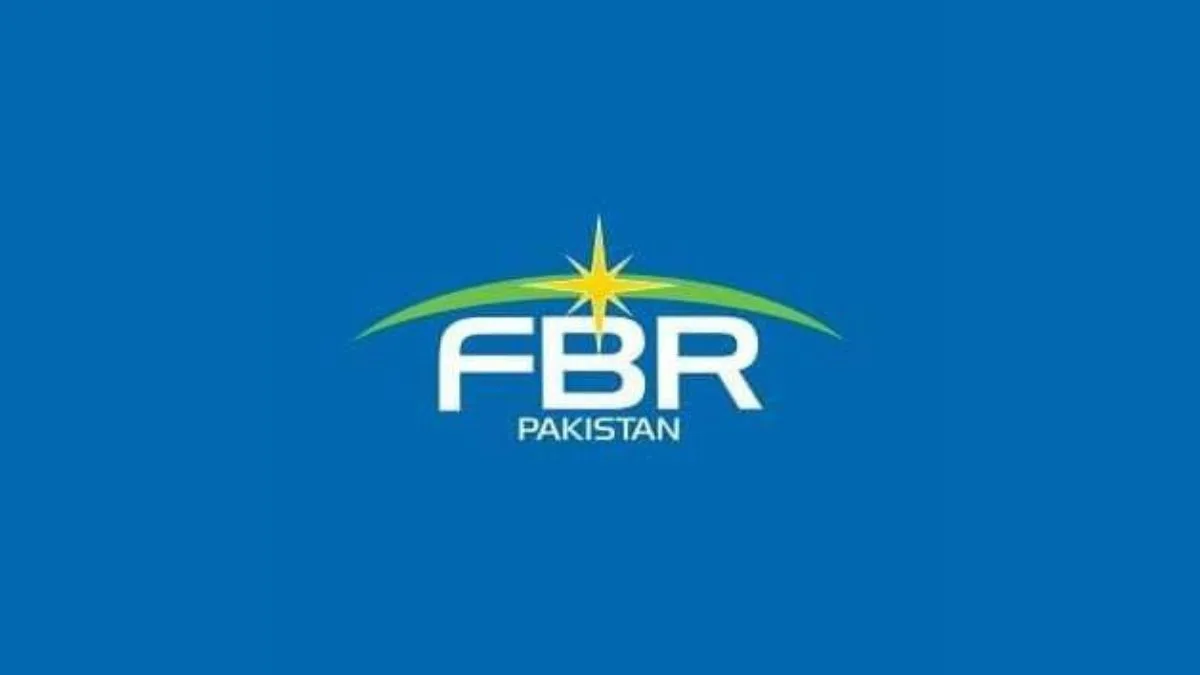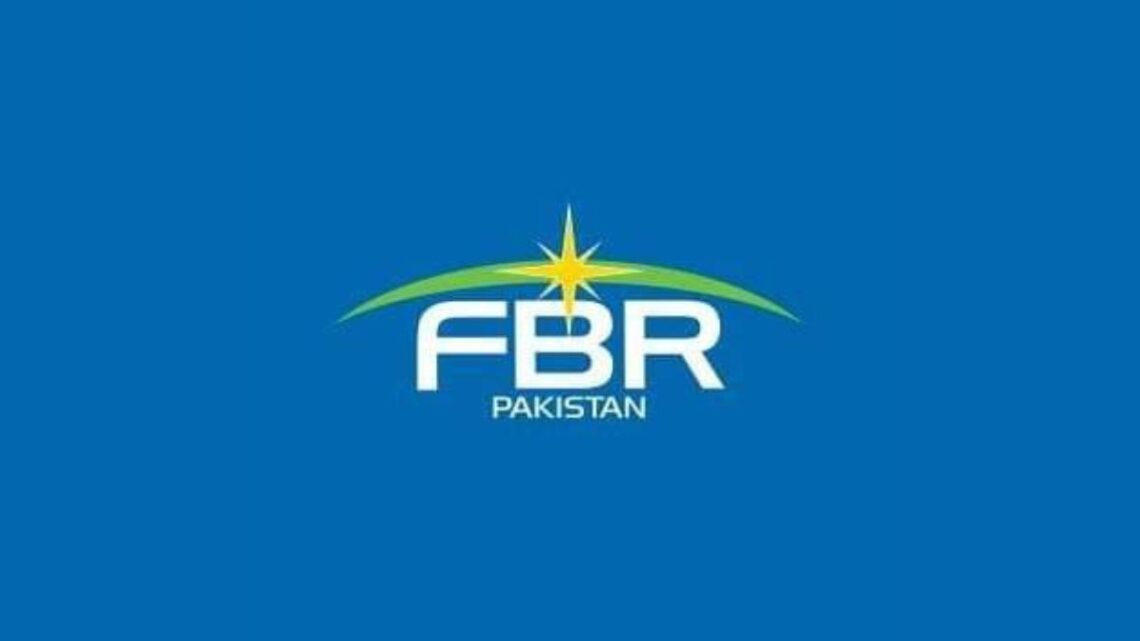Federal Board of Revenue (FBR) Chairman Amjed Zubair Tiwana, has announced that the process of blocking mobile phone SIMs and disconnecting utility connections for non-filers will commence in January 2024. Speaking to a select group of journalists, he disclosed that the deadline for responding to notices was December 28-29, 2023. For everyone who failed to respond, the FBR will issue a general order listing the names of non-compliant non-filers, leading to the disconnection of their electricity and gas connections.

As a legal requirement, names are disclosed after issuing notices to non-filers, marking the initiation of the disconnection process and blocking of SIMs. The FBR has submitted a summary to the federal cabinet for the appointment of two members to the Anti-Benami Adjudicating Authority, expected to become operational soon pending cabinet approval.
Addressing tax administration reforms, Tiwana confirmed the proposal to establish a separate Customs Board from the Inland Revenue Service, currently under government consideration. The FBR Chairman revealed plans to launch a digital invoicing pilot project within the fast-moving consumer goods sector in January 2024. Importers, manufacturers, wholesalers, dealers, distributors, and wholesaler-cum-retailers in this sector would operate under FBR’s electronic sales tax (e-ST) integration system.
Tiwana expressed confidence in adding 1.5 million new filers to the tax net as part of ongoing efforts to broaden the tax base. Acknowledging limited resources as a major obstacle to FBR’s performance, he anticipated increased revenue collection with enhanced resources availability. The chairman expected a surge in revenue collection during the second half (January-June) of 2023-24, contrasting with the previous fiscal year where 45 percent of the total collection occurred in the first half of 2022-23.
Highlighting FBR’s achievements in tax collection through advance taxes and assessments during the first six months of 2023-24, Tiwana noted a significant increase. He revealed the tax ratio, indicating that 40 percent of taxes originate from imports and 60 percent from the domestic stage. In response to a query, he affirmed the effective control of maladministration in refund payments at the lower level of verification.

















